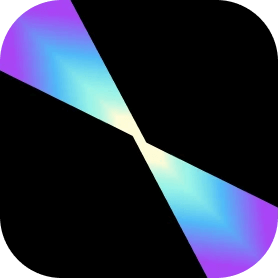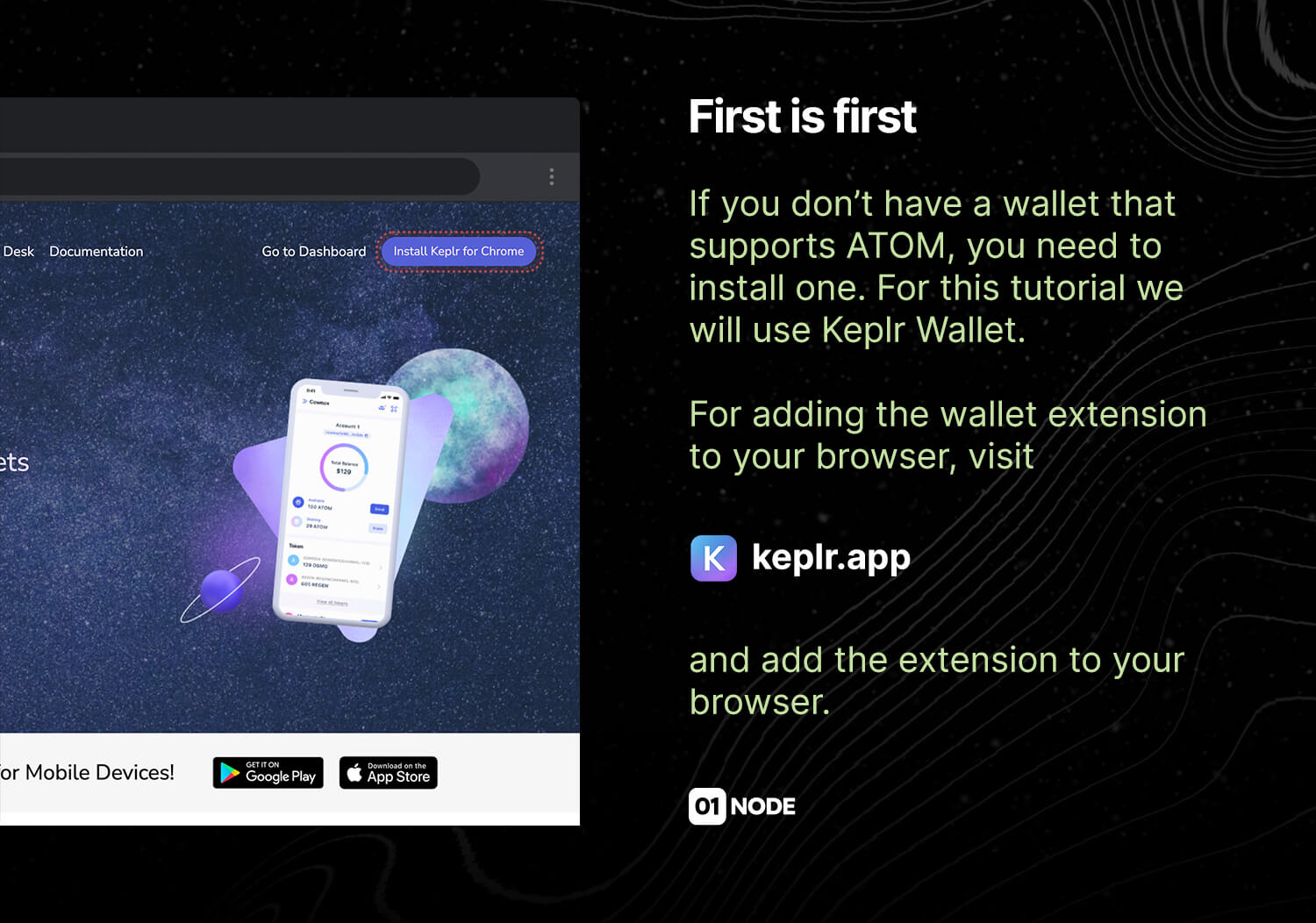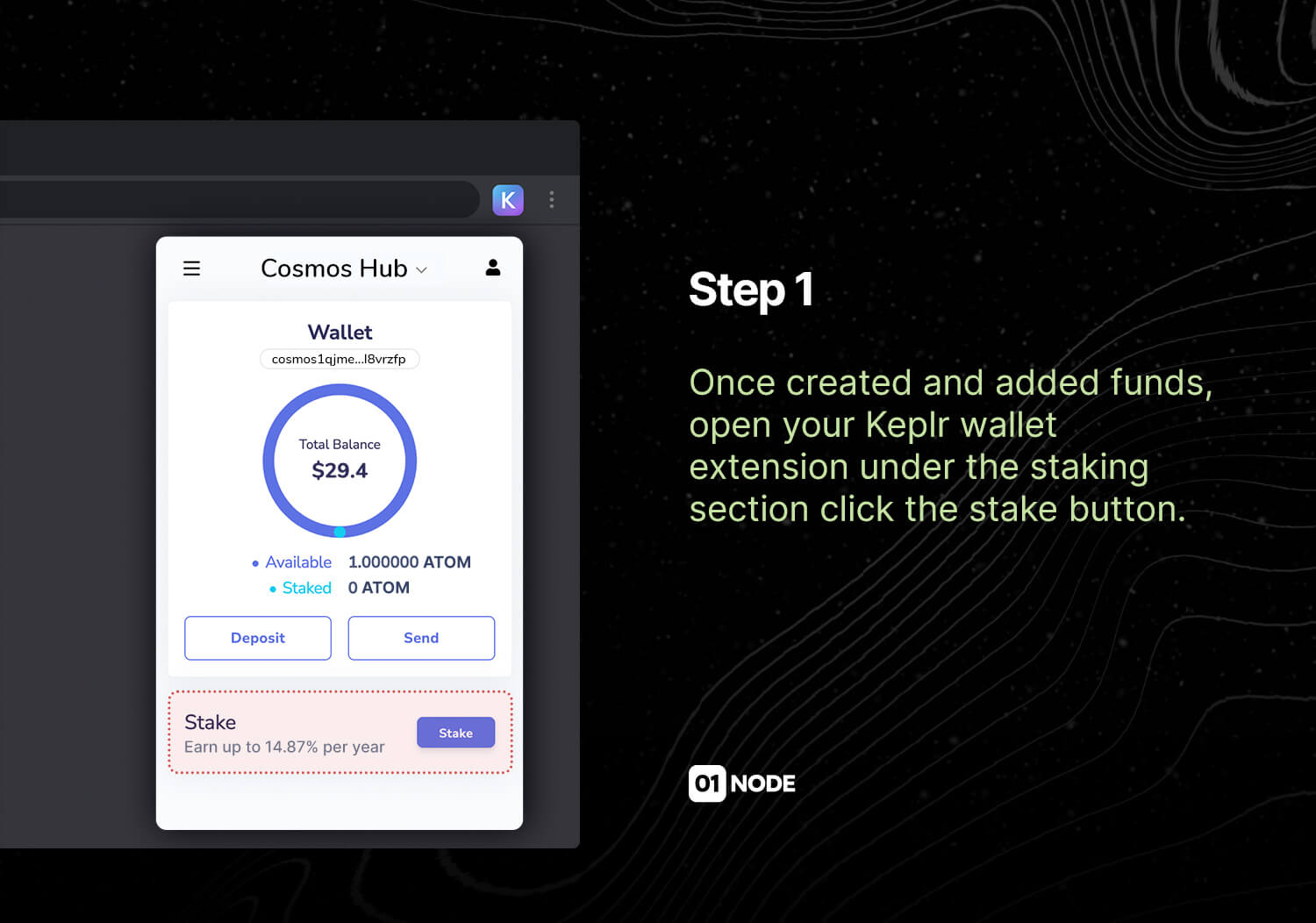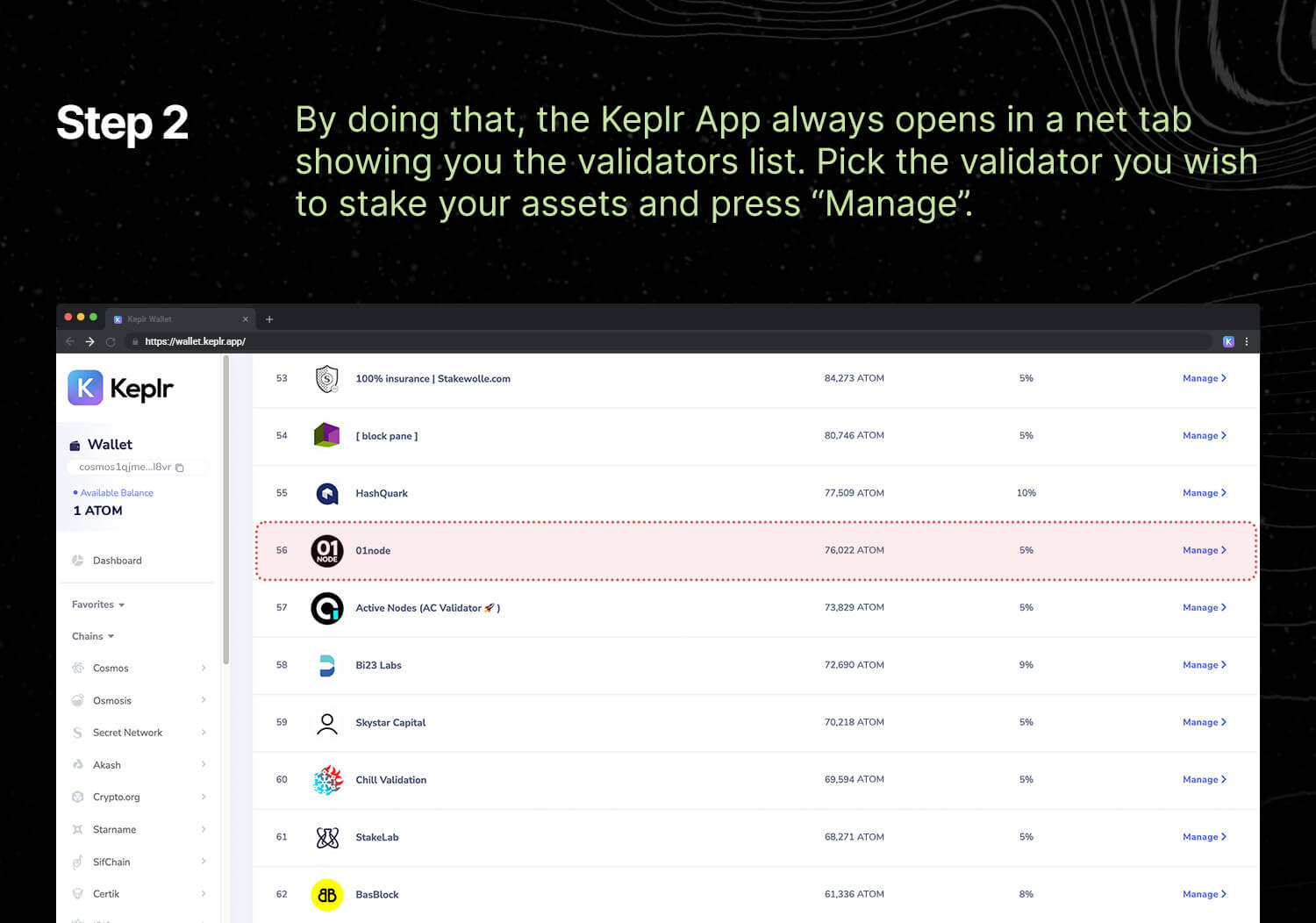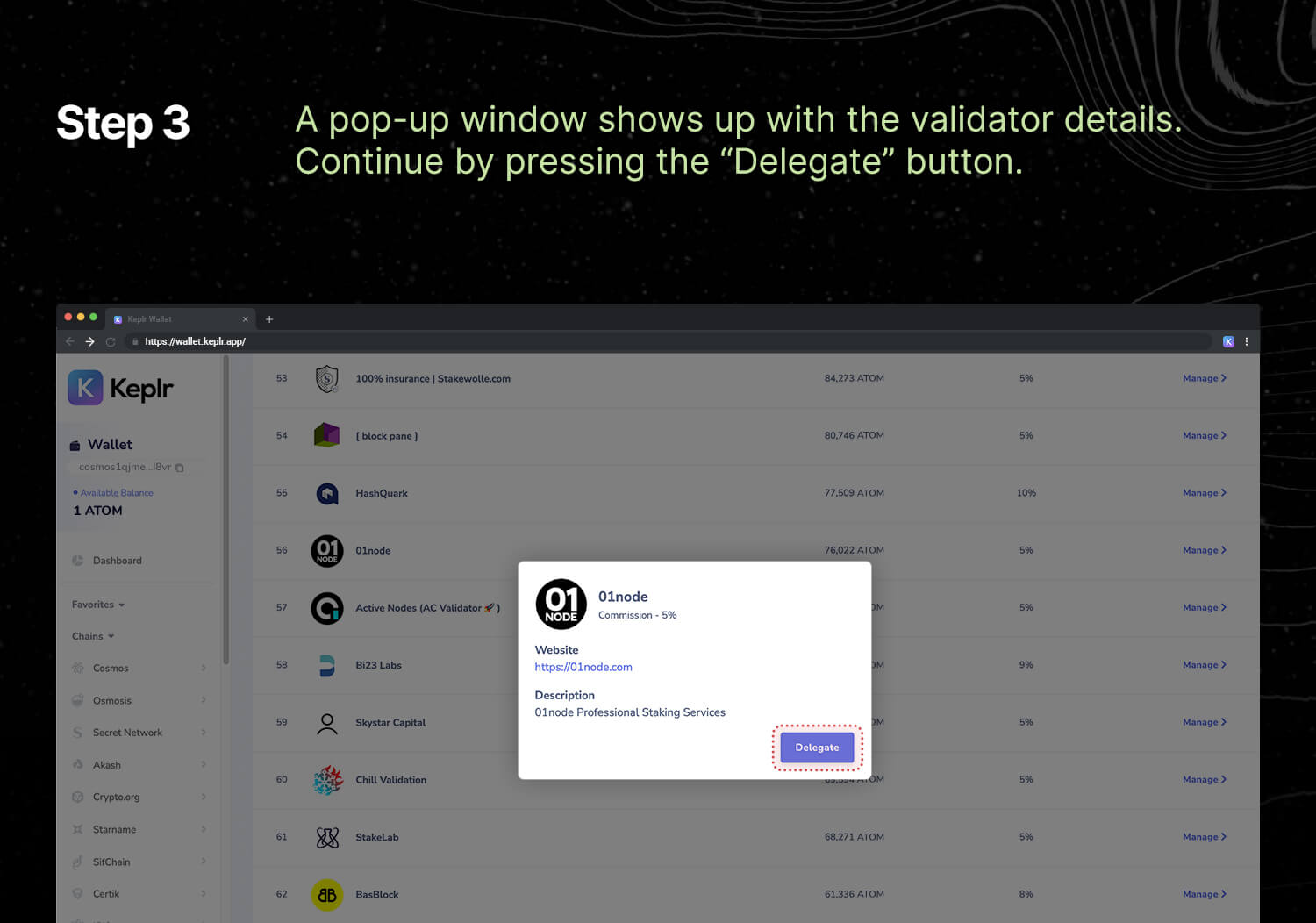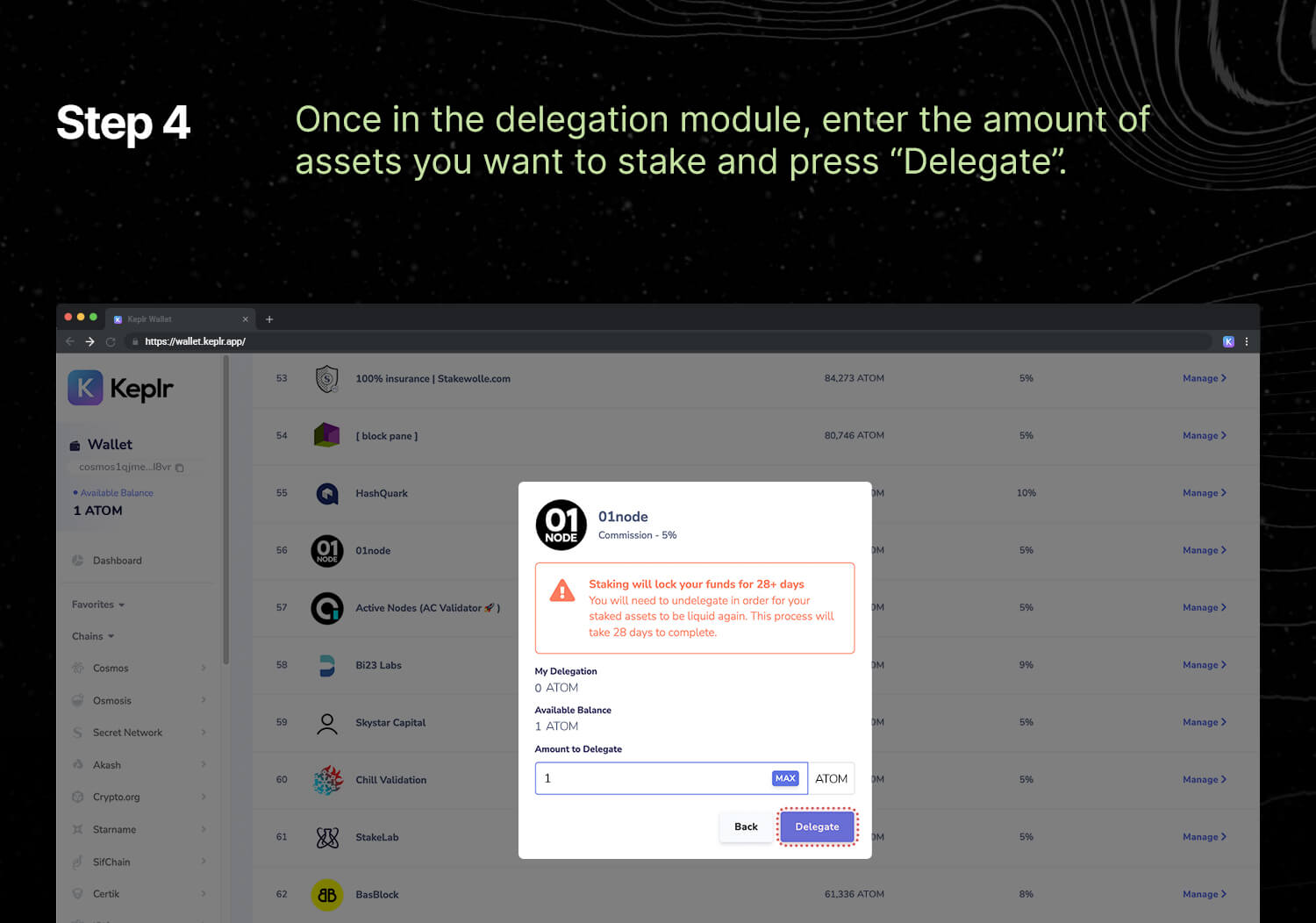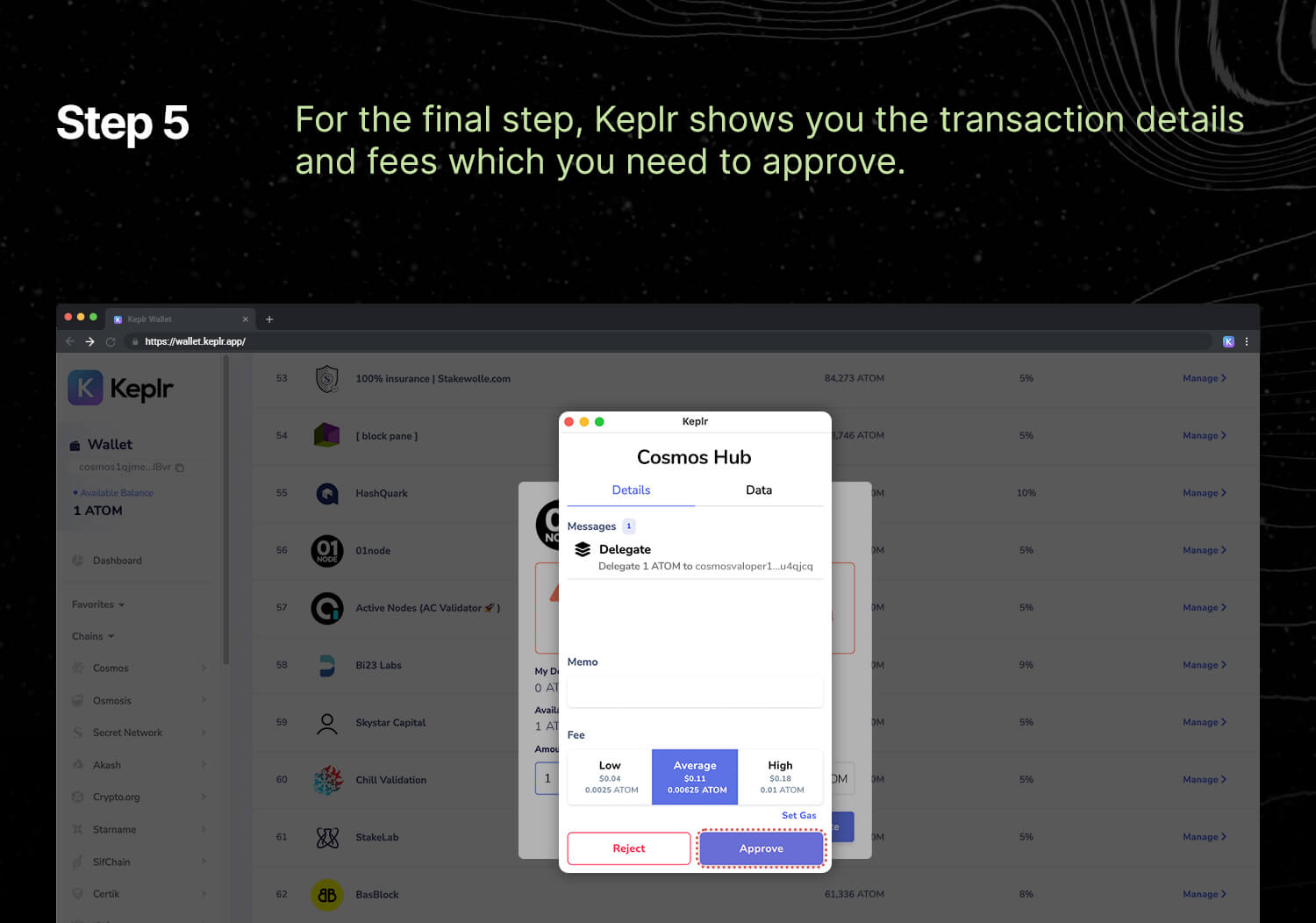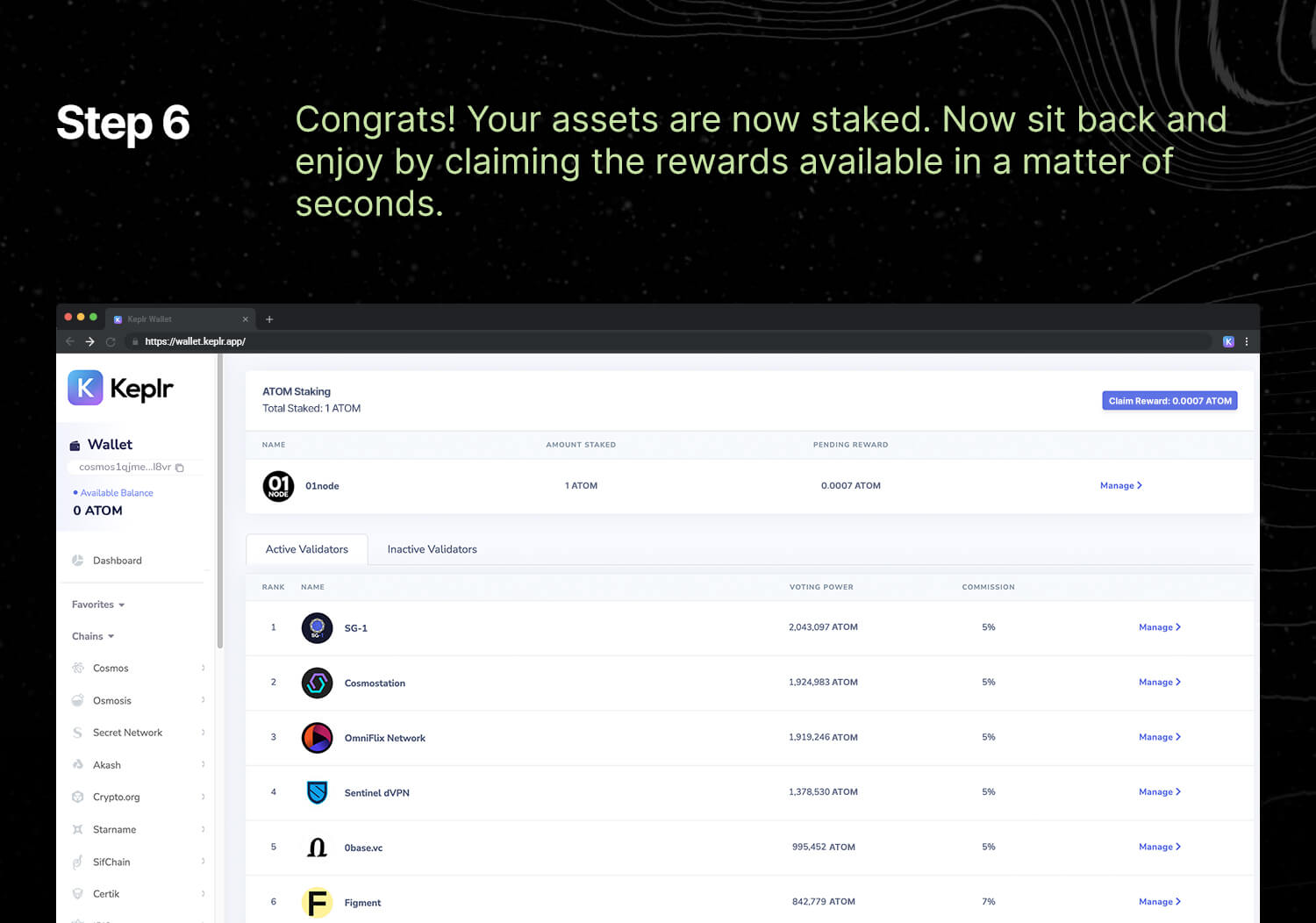What is Cosmos?
Cosmos is a wide ecosystem of interconnected decentralized applications and services, self-named as the Internet of Blockchains with tools that make it easy to build new, custom-designed blockchains that are interoperable with others in the Cosmos network.
The Cosmos blockchain launched in March 2019 was the first network built with the Cosmos SDK. Due to the showcase of excellent scalability performance and interoperability, over 250 blockchains used Cosmos SDK in its core and became a part of the Cosmos network which keeps growing.
What is ATOM?
ATOM is Cosmos’s native coin that has three primary use cases:
- Users must pay their transaction fees using ATOM, proportional to the computational power required.
- ATOM is also used to take part in Cosmos Hub’s governance system. The more ATOM you hold, the more voting power you have in platform decisions.
- The coin is staked behind validators (e.g 01node) for rewards in taking part in the consensus algorithm.
ATOM was distributed via an (ICO), and it has no supply limit, making it an inflationary coin. This is due to Tendermint Core rewarding stakers with freshly minted ATOM. The inflation rate adjusts in real-time based on the amount staked and the number of stakers.
How to buy ATOM?
You can buy ATOM on a number of popular exchanges, including the world’s top exchange in terms of trading volume Binance.
How to stake ATOM
Staking guide
The easiest way to stake ATOM is via Keplr.
- Go to https://wallet.keplr.app/chains/cosmos-hub
- Open your kepler wallet extension under the staking section Click the “stake” button.
- Find 01node in the Cosmos validator set and click the “manage” button.
- Click “delegate”.
- Enter the amount you want to delegate. Remember to keep some Cosmos available to pay for transaction fees.
- Click “delegate” and then click “approve” to approve the transaction.
01node’s Validator Addresses
💡 cosmosvaloper17mggn4znyeyg25wd7498qxl7r2jhgue8u4qjcq
When to receive first staking reward?
Rewards start accruing the moment you stake your ATOM.
What is the unbonding period on ATOM?
To get your delegation back you should undelegate it and after 21 days your assets will be available.
Are there any risks while delegating ATOM tokens?
Once delegated, your stake physically remains on your wallet and returns to your full control right after you un-delegate it.


